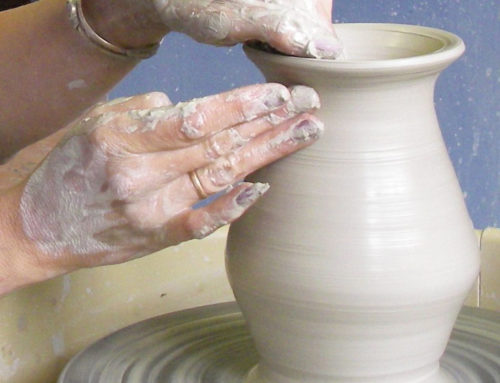Continuing with my series of posts on character exploration and development, let’s take a look at how the external world outside of a character’s immediate family circumstances–namely their place in the larger community they find themselves in–is worth pondering early on.
I realize that a lot of this is pretty obvious, but you’d be surprised at how many writers I work with have never taken the time to think about or invent these key character “facts”—info that can often loom large as your writing process unfolds.
Outside the family, people have a multitude of ways in which they individually relate to their external world. Traditionally in America, a person’s standing in his community is largely determined by what he or she does for a living. Although this is slowly changing, a brain surgeon is still placed higher on the social ladder than a plumber, although both professions are critical to society’s ability to function. Certain professions simply carry with them a special status and respect while others have a negative stigma attached to them.
Deciding what your characters do for a living will automatically begin to give you clues to a whole series of other important social factors such as economic class, annual income, level of education, and status in their community. And then you should think about their political and religious affiliations and any significant organizational memberships. Ask of each character: is he or she a leader or a follower? Is he active politically? Do people in the community look up to him and ask his advice or consider him a nuisance and liability? Or is he fairly invisible? Is he comfortable with his role in his community?
Don’t be fooled by the apparent lack of significance of a character’s “occupation” in terms of placing him or her in a social context. Everyone has a role to play, a function to perform. A freshman college student has just as elaborate (and perhaps more bewildering) a social mechanism to maneuver through as the President of the United States. Placing your characters in their unique community settings will force you to begin asking important questions about how they relate to themselves and their world.
And remember: if you start sketching out this character work early on before you plunge into your script, you obviously won’t have all the answers—things often change and need adjustment as you peel off more layers. But putting something down in this initial exploratory work will stimulate your creativity and move you deeper into the fabric of your characters’ lives.
Next up: A look at leisure time and how it’s spent






Leave A Comment